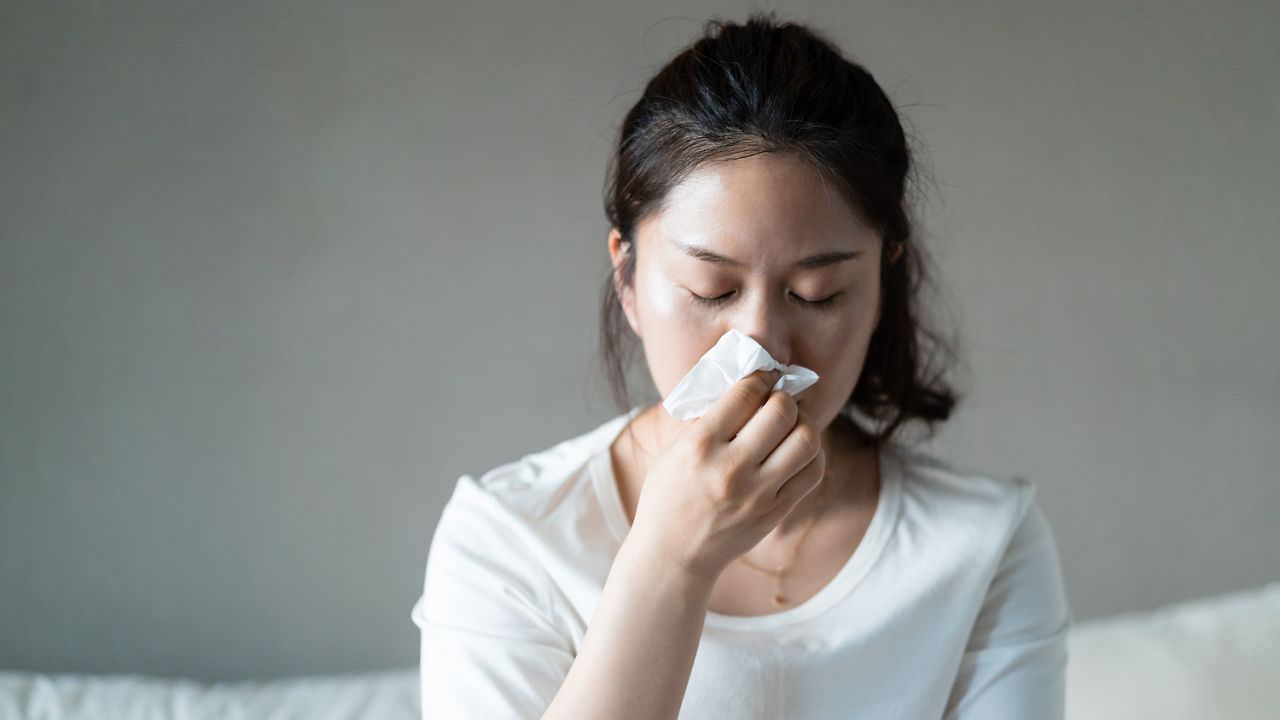KENTUCKY — Springtime is here in full swing, which means more sunlight and warmer weather. But it also means an increase in allergies for those with seasonal sensitivities.
If you've been reaching for the tissue box more frequently here lately, you're not alone.
What You Need To Know
- Spring is in full swing, which means seasonal allergies are more common
- Millions of people with tree pollen allergies can experience itchy or watery eyes, sneezing fits and a stuffy nose during this time of year
- Doctors say it's important to stay on top of allergy medicines in the spring, even if you don't normally suffer from allergies
- If nasal sprays or oral antihistamines don't help, seeing an allergist can help you find out exactly what you're allergic to
Millions of people with tree pollen allergies can experience itchy or watery eyes, sneezing fits and a stuffy nose during this time of year. Spring allergy season starts in February and last last well into the summer months in some parts of the U.S.
Doctors say it's important to stay on top of allergy medicines in the spring, even if you don't normally suffer from allergies throughout the year.
Devon Preston, an allergist with the Cleavland Clinic, suggests trying a nasal spray for congestion, sneezing or a runny nose. Oral antihistamines can relieve itchy eyes or throat.
Along with medicine, Preston said staying inside on dry, windy days can decrease your exposure to allergens. There are also simple at-home steps to keep your allergies in check.
"We all love to open our windows and let the fresh air in, but keeping your windows closed can help prevent pollen from entering your home," Preston said. "I recommend people use their HVAC system, if they have one, to help filter the air in the home."
Preston also recommends brushing off pets when they come inside after going out, because pollens can stick to their fur. Keeping those pets out of the bedroom is a good practice as well.
If your symptoms show no signs of improvement, seeing an allergist can help you find out what you're allergic to and develop a treatment plan.



